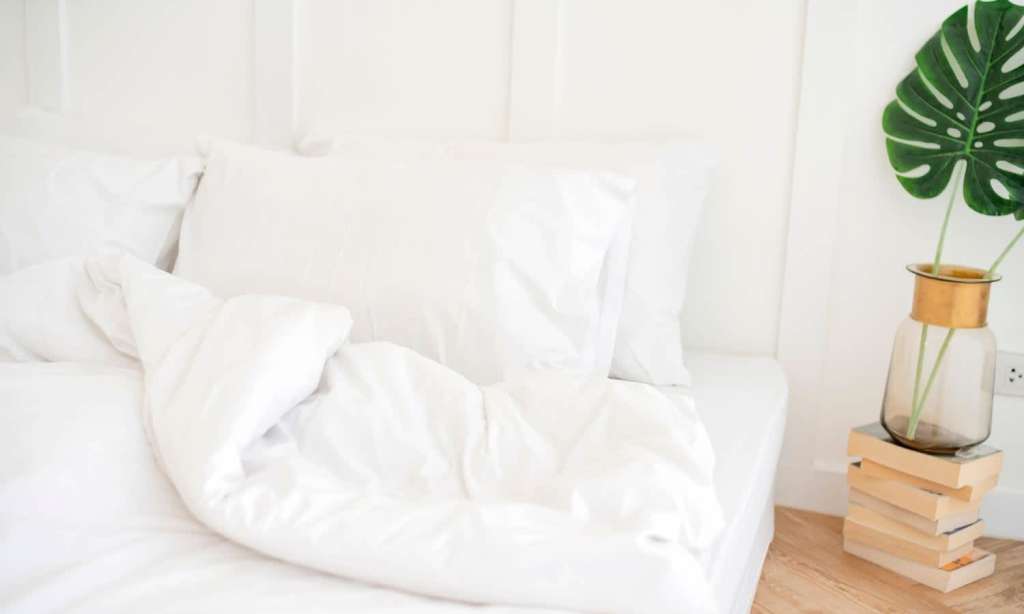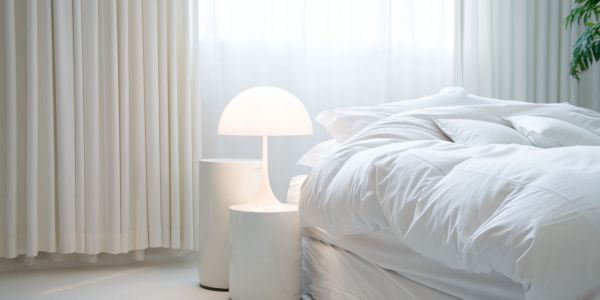“I’ll sleep when I’m dead.” It’s a common refrain that fits neatly into our sleep-deprived culture. This line of thinking is often popular amongst the male population, who, according to Forbes, experience sleep deprivation more commonly than women.
Researchers at the University of Chicago believe this is due to “The Sleep-Deprived Masculinity Stereotype,” which is also the name of the research paper published in the Journal of the Association for Consumer Research.
The researchers looked at the common stereotypes around what it means to be a man and found that getting less sleep is perceived as manly. To explore this area, the researchers ran 12 experiments with 2564 participants in the United States.
One such experiment involved the researchers asking participants to describe two characters, one who was “very masculine and manly” and one who was “not very masculine and not very manly”, the participants described their “manly” character getting an average of 33 minutes less sleep than the “not very manly” man.
In another experiment, participants were asked to imagine watching a man shopping for a bed. In this imaginary scene, the sales assistant asks the man, “How much do you normally sleep?” The participants rated the man more masculine if he slept less and less masculine if he slept more. Wild.
“The social nature of the sleep-deprived masculinity stereotype positively reinforces males who sleep less, even though sleeping less contributes to significant mental and physical health problems,” researchers wrote.
“Men who sleep less are found to be more aggressive and violent which can be harmful to men’s health and society at large. As society continues to challenge traditional definitions of masculinity, attitudes toward sleep may become more positive, and all people might enjoy more nights full of healthy sleep.”
According to Dr Alison Escalante, sleep is the foundation of a healthy life and is needed to properly manage your wellbeing.
“When we get enough sleep, our mental and emotional health is better,” Dr Escalante wrote for Forbes. “We do better socially because we feel good and are more pleasant to be around.
“Our financial health has also been tied to a good night’s sleep. That makes sense, because we think more clearly when we are rested, leading to better job performance and probably better decisions about how we spend our money.”
Not getting enough sleep has been linked to poor academic performance in university students, while high school students who slept for seven hours fared worse in their school performance than those who slept closer to nine hours.
While the societal pressures of masculinity are undoubtedly common, letting these stereotypes invade the bedroom and impact how much you sleep can have a negative impact on your overall health.







